|
To engage students, it’s a complex challenge: using innovative methods can be a significant resource to motivate them and to enhance their learning. Thanks to different kinds of studies and research, today there are many tools available that can be used in the school environment: project-based learning, non-formal education, outdoor education, and ICT are some of the many opportunities that can be integrated with traditional teaching methods.
The new edition of the course “Innovative teaching methods for teachers, school and adult education staff” took place in Bologna from 10/10/2022 to 14/10/2022. The participants came from all across Europe, with Kristina Mikaliūnienė, Asta Buškuvienė, Rūta Bernikienė from Radviliskis V. Kudirka Progymnasium in Lithuania, Dusica Antic, Ivana Milosavljevic from First technical school in Serbia, Māra Kreicberga and Tatjana Vinokurova from Private Secondary school KLASIKA in Latvia, Marcin Witowski from Zespół Szkół Ekonomicznych im. W. Stysia w Świdnicy in Poland, Elif Özcan from Gebkim MTAL in Turkey, Natalia Cobo Dabán from OÜ Hispaania Maja in Estonia. At first, Project Based Learning allows students to delve into content in a more direct and meaningful way, starting from a topic question and trying to investigate real world issues. Analysing the principles of PBL, the participants of the course had the opportunity to discover how teamwork, collaboration, and creativity can help students to discover the way to deal with real problems, learning strategically and searching for the answers from the start. On the other side, visual strategies and teambuilding games showed the power of Non-Formal Education. In fact, starting from the activities, we explored the Kolb’s experiential learning cycle and we learned how it allows it to pass from reflection to conceptualization and application, giving the student an active role in the learning process. Thanks to an ICT tool, the teachers had the opportunity to participate in a special type of treasure hunt, discover Bologna and deepen the power of Outdoor Education in a very funny way. Some of the advantages of Outdoor Education that emerged during the debriefing are, on the one hand, the increase in motivation and creativity; on the other, the improvement of the psychophysical well-being thanks to the contact with nature and the consequent reduction of stress. Moreover, Mara and Tatjana provided us with a wonderful presentation of the outdoor activities that they use back at their school. We had a chance to deepen into different types of activities. Finally, we explored innovative teaching methods with ICT. We practised several tools in class, finding out new ways to engage students, assess and display a lesson. This course helped participants to understand how to work with a more innovative approach in their classes. By Friday, team spirit was so high that it was difficult to say goodbye. However, our group was very eager to go back and start applying all the many ideas that emerged during the course. Another great week of inspiration was over, but only to be continued back in their countries. Discover more about this course in: https://www.erasmustrainingcourses.com/innovative-teaching-methods.html
0 Comments
The inclusion of students with special needs in the classroom is vital. Every child has the right to quality education and learning. Inclusive education is when all students, regardless of any challenges they may have, are placed in age-appropriate general education classes that are in their own neighborhood schools to receive high quality instruction, interventions, and supports that enable them to meet success in the core curriculum (Bui, Quirk, Almazan, & Valenti, 2010; Alquraini & Gut, 2012). The objective of inclusive education is to respond to the learning needs of all children, whatever their needs are (physical, cognitive, academic, social, emotional…). Diversifying teaching methods can accommodate students with different backgrounds, such as diverse abilities, diverse prior learning experiences, diverse cultural background, diverse learning styles, diverse levels and ways to motivation… The course took place in Bologna, from 09/10/2022 to 15/10/2022. Participants came from all across Europe, with Custódia, Fátima and María do Céu from Escola secundária de Cacilhas-Tejo; Antti from Jokivarren Koulu; Joanna and Jolanta from Społeczny Zespół Szkolno-Przedszkolny; Indré and Agné from Lietuvos aklųjų ir silpnaregių ugdymo centras; Sandrine and Raphaël from L Rabelais; Nubar, Nalan and Dovile from KD International School of Vilnius; Panagiota from St. Lukes Parents' Association for Adults with Intellectual Disabilities and Ilona and Sandra from Barboleta Ltd. Our participants could learn in 7 days of course, the Italian inclusive education model, and even the laws about the specials needs, the principles, benefits and key values of inclusive education, improve the learning of students with special needs and they have even been able to visit an Italian school that working with young people with physical and learning disabilities and debate on teaching methods, tools and approaches. They have shared and exchange their own experiences and best practices about their work with learning disabilities. Also, for sure, they could enjoy the cultural activities in Bologna, visit Florence, appreciate the beauty of Italy and its gastronomy! It was a long journey that brought us here. A journey in which seven partners across Europe, Erasmus Learning Academy (IT), Osnovna Skola Sveti Sava (RS), Obrtnicko Uciliste (HR), Asociatia Demetrius (RO), Comparative Research Network (DE), Cfie Miranda De Ebro (ES), Fundacja Mode (PL), met in a Strategic Partnership, funded by Erasmus+ KA2 Projects, with the purpose of supporting the social inclusion of low skilled people by contributing to the development of a flexible blended gamified learning offer allowing them to develop the key competences. Today we are happy to announce that the Intellectual Outputs of the project are finally ready to be downloaded and to become inspiration for Adult Educators from all over Europe. What have we produced? On the 6th and 7th September it was held the Final TPM, which was hosted by FUNDACJA MODE in the wonderful Wroclaw. During the meeting we had the opportunity to meet all the partners for the last time in the project, and we had the chance to discuss the results and, most importantly, the project sustainability.
In fact, it has finally opened the Sige Network, a network for cross-sectoral cooperation serving the purpose of creating new gamification learning opportunities involving diverse stakeholders at the EU level. If you are interested in being part of this gamification world, you can join us by clicking this link. In conclusion, it was a really good experience, in which all of us had the chance to discover the power of gamification, to contribute positively to the European educational field and, of course, to create rich and fruitful connections all over Europe. We will carry forever in our hearts the memory of this beautiful experience, and we look forward to new cooperation opportunities! And you? Find more about this project on www.sigeerazmus.org and discover more about our Erasmus + projects following this link.
|
AuthorWrite something about yourself. No need to be fancy, just an overview. ArchivesCategories |
-
Course catalogue
- 2023-2024 course catalogue
- Soft Skills >
- ICT and New Technologies >
- Inclusion and Diversity >
-
Innovative Teaching Methods
>
- Innovative teaching methods discovery
- Non-formal education teaching methods
- Dual education and work-based learning
- Teaching leadership and entrepreneurship
- Project based learning
- Game based learning and gamification
- Green skills
- Outdoor education
- Outdoor education trekking edition
- Promoting creativity and critical thinking
- Languages and EU projects >
- Preschool >
- Erasmus Plus KA1
- What we do
- About us
- Locations
- Blog
- Contact us
 English
English български
български Čeština
Čeština Español
Español Français
Français ελληνικά
ελληνικά Italiano
Italiano Polski
Polski Português
Português Română
Română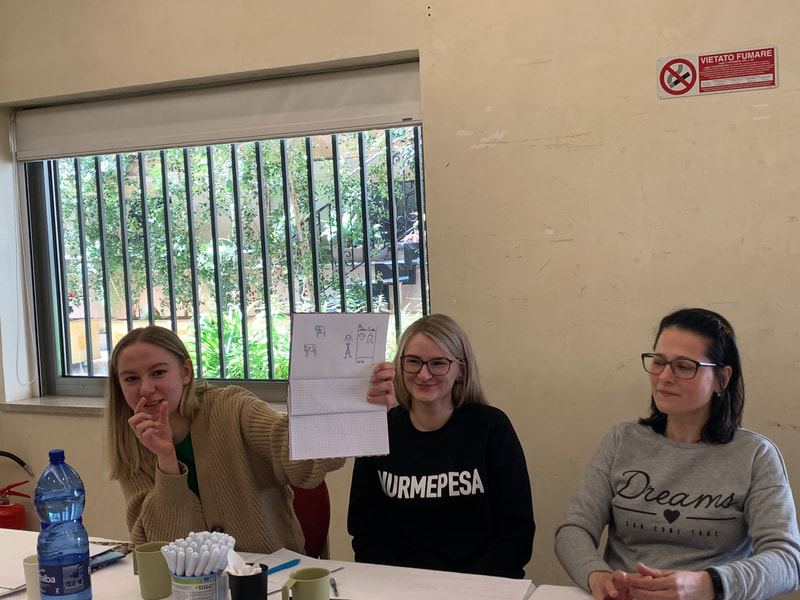
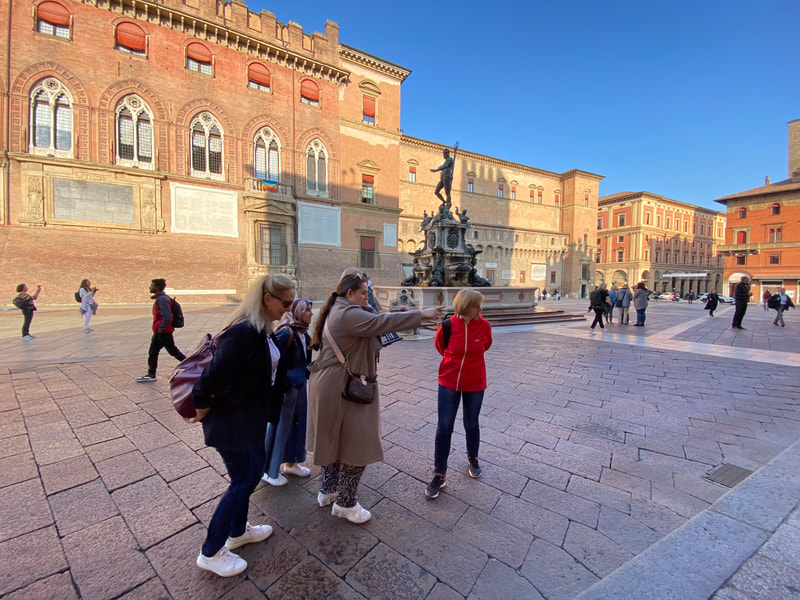
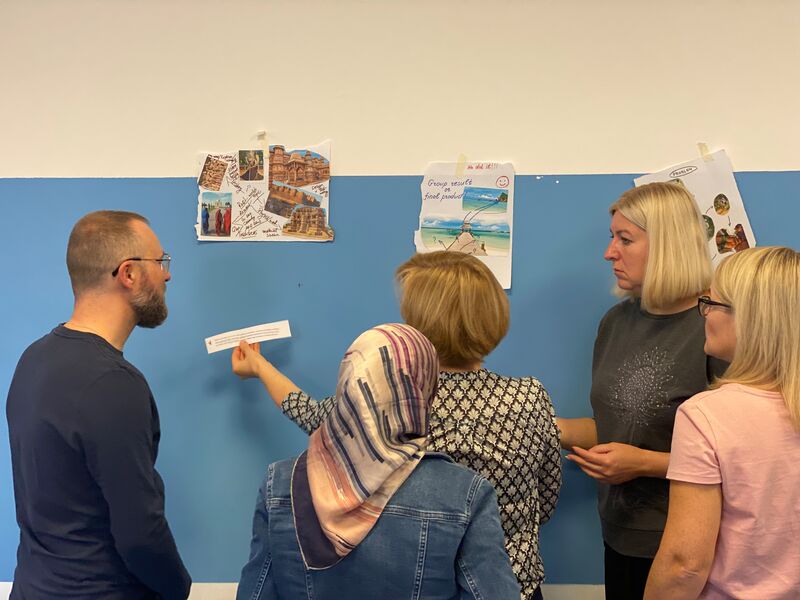
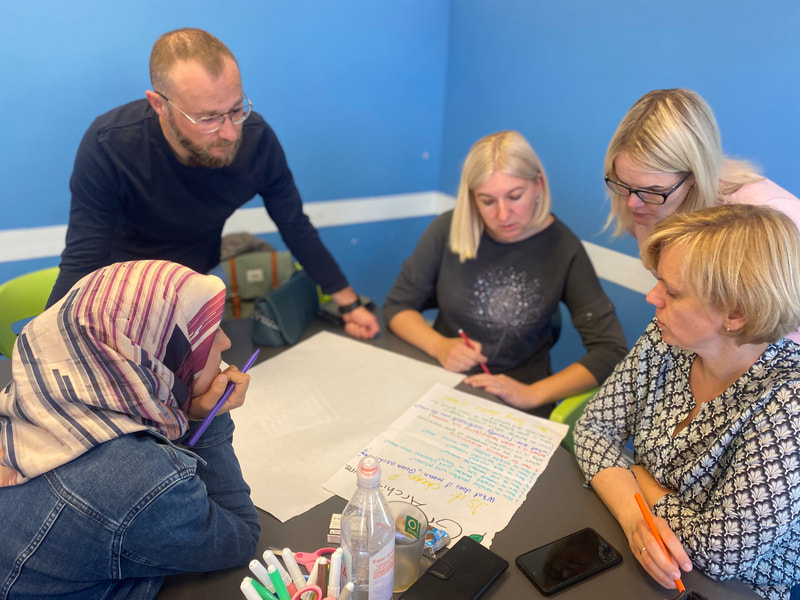
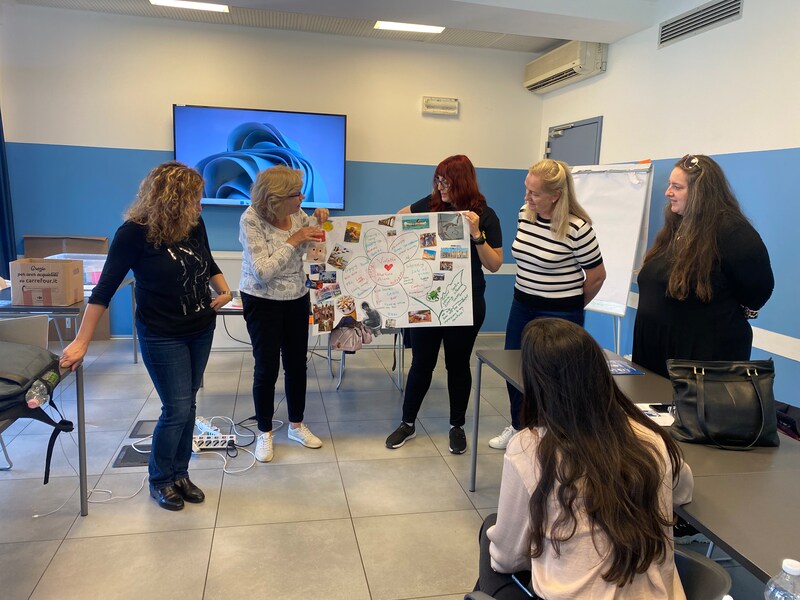
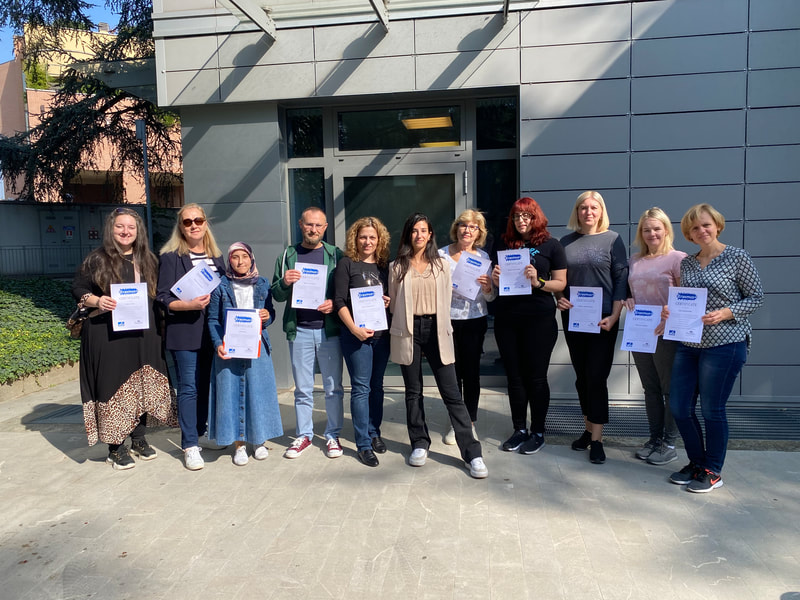
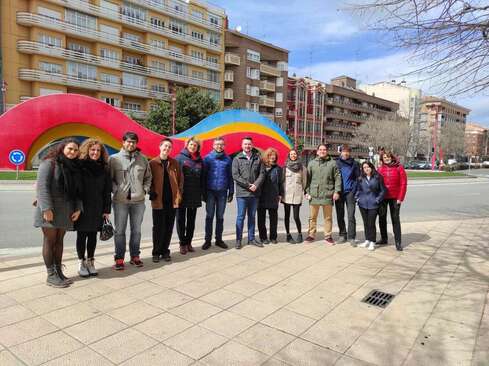
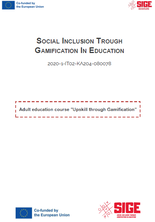
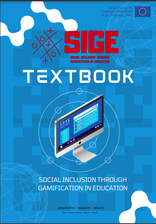
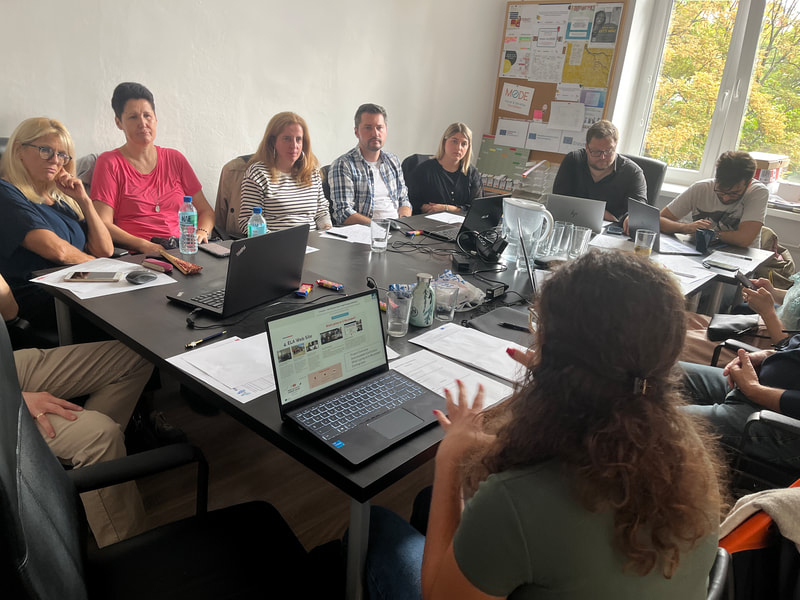
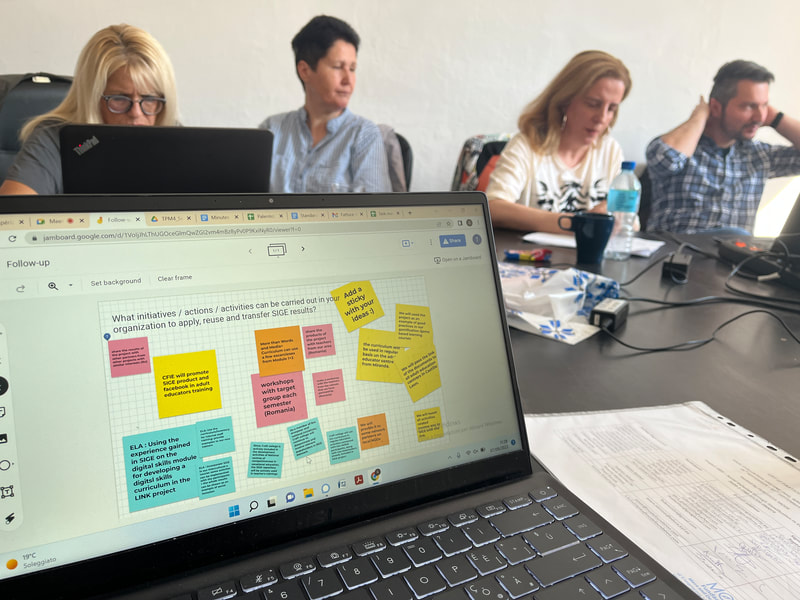
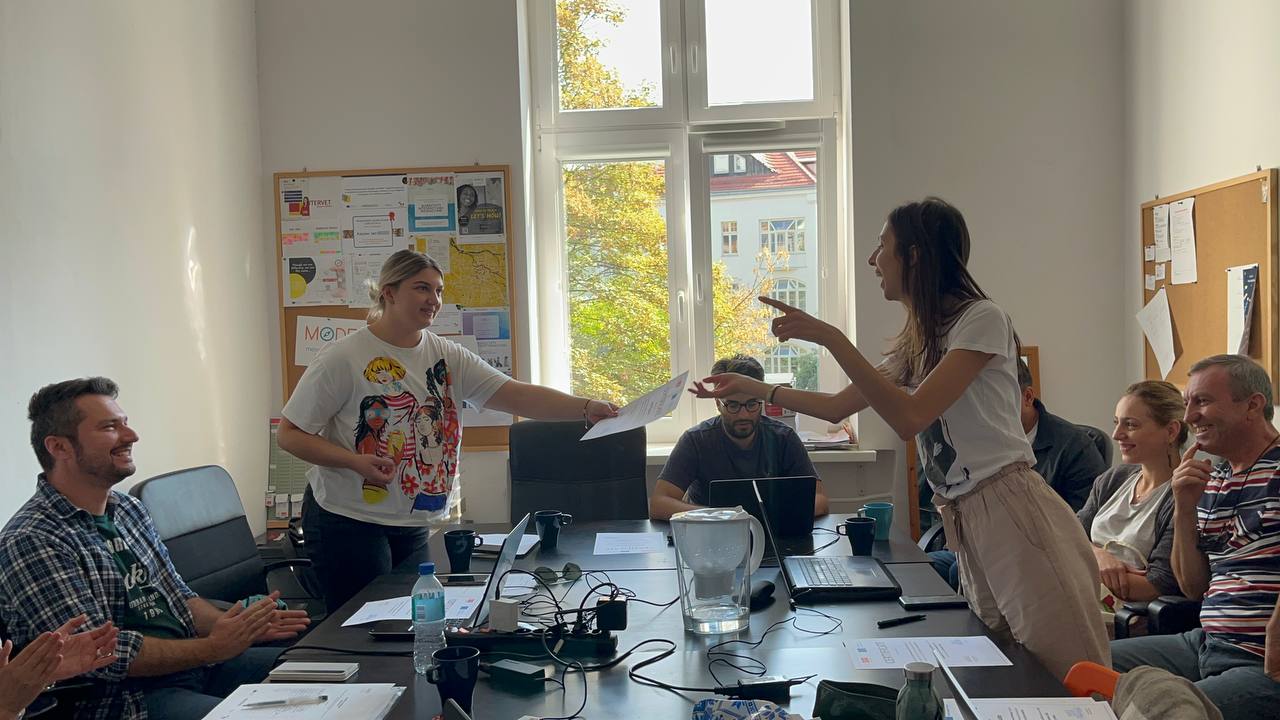
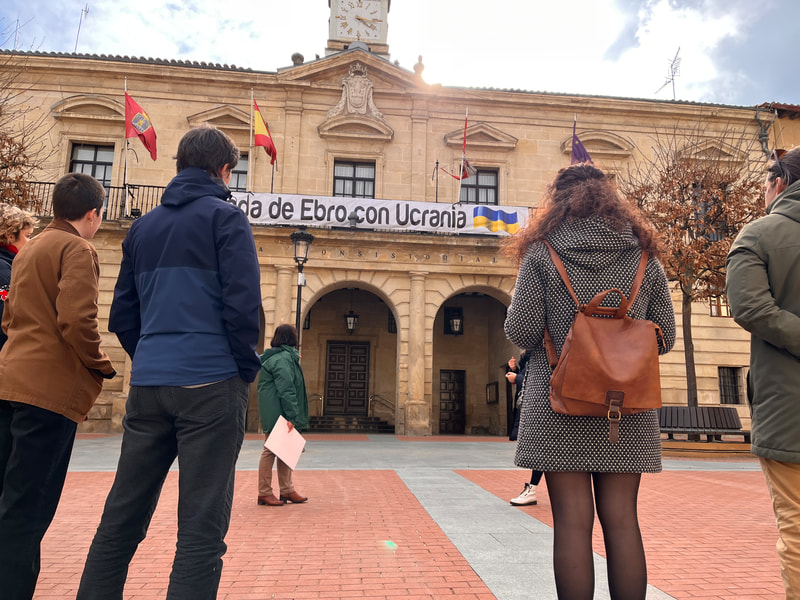
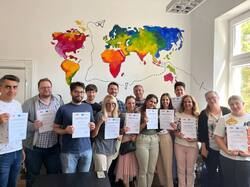
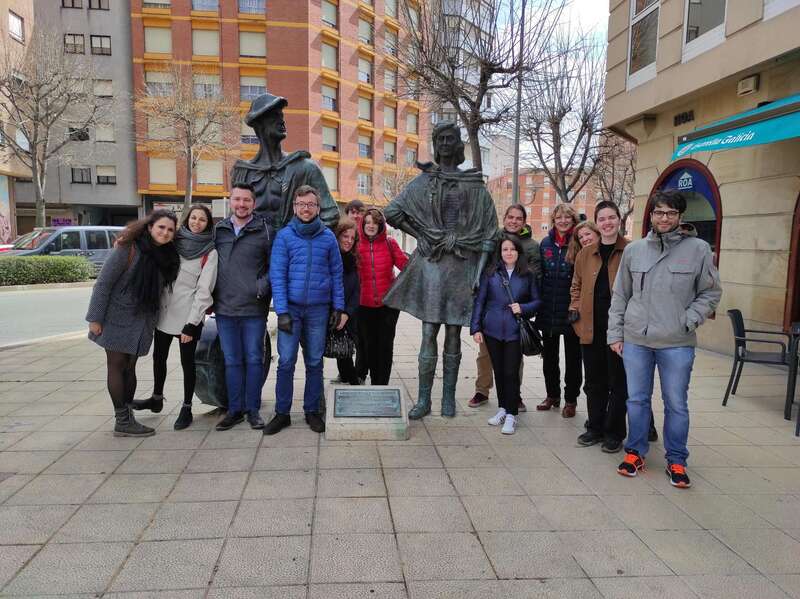
 RSS Feed
RSS Feed









